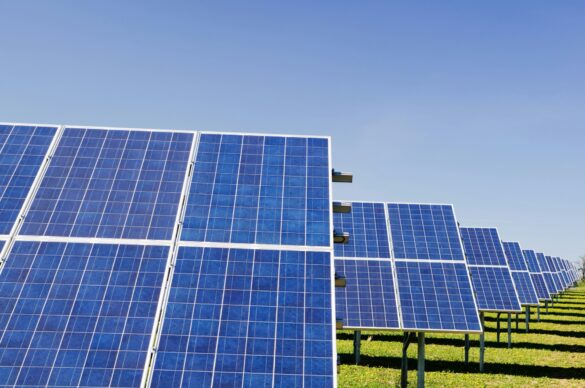To promote the use of renewable energy throughout the country, Bangladesh has lowered import taxes on solar inverters dramatically. The nation has decreased the duty on these inverters from 10% to just 1%, aiming to lower the expenses of projects and assist both large-scale and rooftop solar PV systems in its net metering program. This dramatic tariff reduction represents a major policy shift aimed at making solar energy more accessible and affordable for both commercial and residential applications. The duty reduction addresses long-standing concerns about the high cost of solar components affecting renewable energy deployment.At a recent gathering in Dhaka, experts urged that Bangladesh should eliminate the high import taxes on solar products. They believe this action could lead to a decrease in the prices of PV systems by as much as 11%. This cost reduction will make solar installations more competitive with traditional energy sources and encourage broader adoption. The policy change aligns with Bangladesh’s broader renewable energy strategy outlined in recent policy developments. The government of Bangladesh has suggested removing import taxes and value-added tax (VAT) on parts used for renewable energy. This proposal is part of the draft Renewable Energy Policy 2025, which is currently available for public feedback. These comprehensive tax reforms demonstrate the government’s commitment to removing financial barriers to clean energy adoption. The import duty reduction comes after years of high tariffs that significantly impacted the solar industry’s growth.The 1% customs tax on solar panels, along with the concerning 37% customs fee on solar inverters, has raised costs significantly for companies involved in renewable energy in Bangladesh. The previous high duty on inverters had been a major obstacle to solar project development across the country. Bangladesh’s net metering program stands to benefit significantly from the reduced inverter costs. Bangladesh generates about 116 MW of electricity under its net-metering policy from 2,657 rooftop solar systems. Lower equipment costs should encourage more households and businesses to participate in net metering programs, contributing to decentralized renewable energy generation. The solar industry has been advocating for these policy changes to support national renewable energy targets. The Bangladesh Solar and Renewable Energy Association (BSREA) yesterday wrote to the government to appeal for the removal of the duties in their entirety if the nation is to achieve its aim of generating 40% of its electricity from renewables by 2041. The duty reduction represents a positive response to industry concerns and advocacy efforts. Looking forward, the reduced import duties on solar inverters should accelerate Bangladesh’s renewable energy transition. Combined with other policy reforms and the country’s ambitious renewable energy targets, this tariff reduction creates a more favorable investment environment for solar projects while supporting the nation’s long-term clean energy goals.
Bangladesh Cuts Solar Inverter Import Duty to Boost Renewable Energy Development
52


